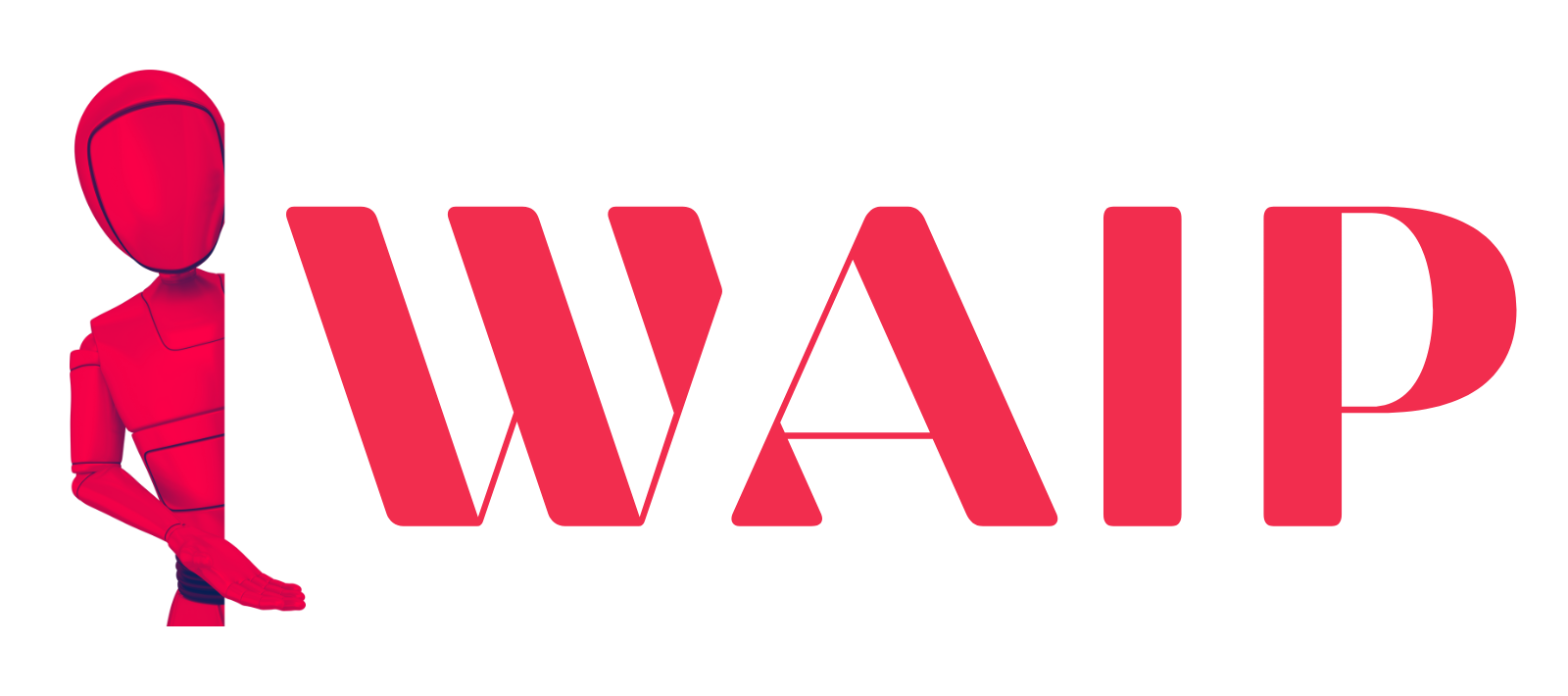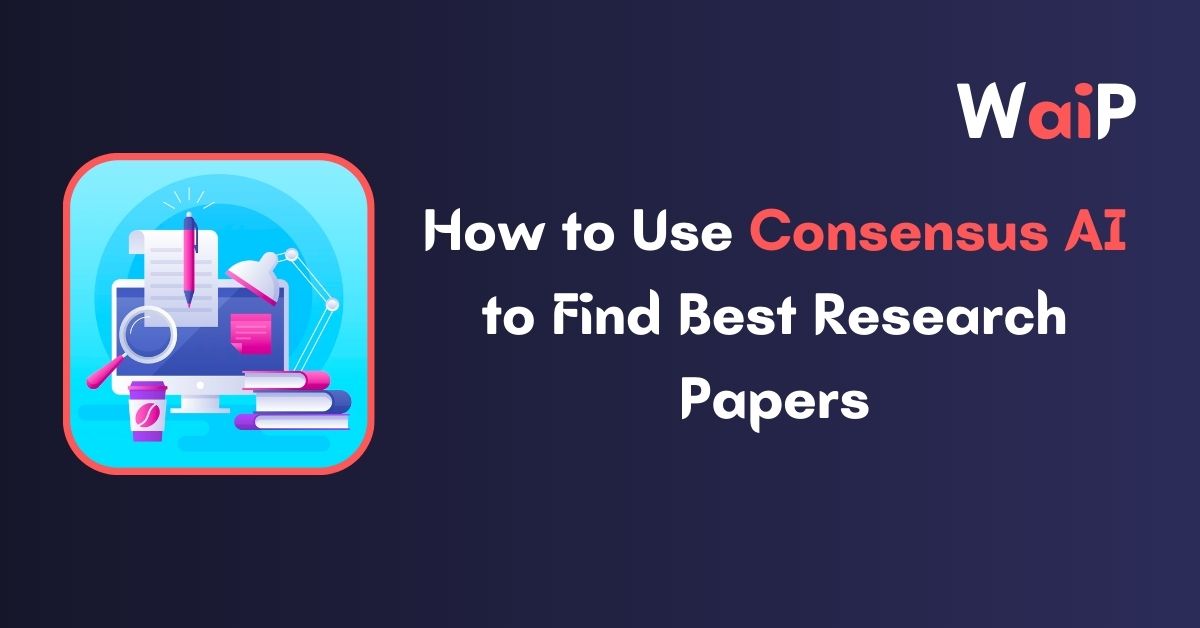Research papers are critical for scientific progress, allowing scholars to share discoveries and build on each other’s work. However, with millions of these papers published annually, finding the best ones can be challenging. That’s where Consensus AI comes in, a tool powered by artificial intelligence that helps you identify the most relevant research papers.
This blog post will teach you how to use Consensus AI effectively and discuss its benefits.
What is Consensus AI
Consensus AI is a smart tool designed to help researchers find the top-tier research papers. It achieves this by analyzing a vast dataset of research papers and pointing out those that best match your topic of interest.
Consensus AI first identifies the key words related to your topic, then it uses these words to scan a huge database of research papers. The papers that best match these key words are then sorted based on their quality.
Several factors determine the quality of a research paper, such as the author’s expertise, the number of citations the paper has, and its impact factor. Consensus AI employs various algorithms to evaluate the quality of these papers.
How does Consensus AI work
Consensus AI begins by identifying the key words linked to your chosen topic. These words are then used to search a large database of research papers. The papers that best align with these key words are sorted based on their quality.
The quality of a paper depends on factors like the author’s expertise, the number of times the paper has been cited, and its impact factor. Consensus AI uses different algorithms to assess a paper’s quality.
The benefits of using Consensus AI
Consensus AI comes with several benefits when searching for the best research papers:
- Time-saving: It helps you find relevant research papers quickly, saving you time.
- Boosts accuracy: By using artificial intelligence to pinpoint the most relevant papers, your research accuracy is improved.
- Enhances productivity: It boosts your productivity by saving you time and helping you find the most relevant papers.
- Provides insights: Consensus AI gives you insights into the latest research in your field, helping you stay updated and identify new research opportunities.
How to Use Consensus AI – Step-by-Step
Here’s a simple guide on how to use Consensus AI:
- Visit the Consensus AI website.
- Input a few key words or phrases related to your topic.
- Click the “Search” button.
- Go through the list of suggested research papers.
- Click the “View” button to read a paper’s summary.
- Click the “Download” button to get the full paper.
Tips for using Consensus AI to find the best research papers
Here are a few tips for an effective search on Consensus AI:
- Be precise with your key words: The more specific your key words are, the more relevant your search results will be.
- Use multiple key words: This will help you find a wider range of relevant papers.
- Use filters: Consensus AI offers filters to narrow down your search results, such as publication date, impact factor, and author.
- Read the summaries: Consensus AI provides summaries for each paper, helping you quickly determine if a paper is relevant.
- Download the papers: You can download papers from Consensus AI to read later or share with others.
Other resources to find top research papers
Apart from Consensus AI, there are other resources you can use to find quality research papers:
- Google Scholar: A search engine that indexes research papers from various sources.
- PubMed: A database containing medical research papers.
- Scopus: A database that catalogs academic journals and conference proceedings.
- Mendeley: A reference manager for collecting, organizing, and sharing research papers.
- ResearchGate: A social networking site for researchers to connect and share their papers.
Best 5 alternatives to Consensus AI
If Consensus AI isn’t what you’re looking for, here are five excellent alternatives:
- Papers with Code: A website that indexes research papers with accompanying code.
- Semantic Scholar: A search engine that indexes research papers and their citations.
- CORE: A database of free-to-read research papers.
- Microsoft Academic: A search engine that indexes research papers from various sources.
- DeepDyve: A website that offers full-text access to research papers.
Conclusion
Finding the best research papers can be tough, but there are tools that make this process easier. Consensus AI is a powerful tool that quickly and easily helps you find top-quality research papers. Additionally, you have other resources like Google Scholar, PubMed, Scopus, Mendeley, and ResearchGate to find top-tier research papers.
FAQs: How to Use Consensus AI
What is Consensus AI?
Consensus AI is a smart tool that uses AI to help researchers find top-tier research papers by analyzing a vast dataset and highlighting those relevant to a specific topic.
How does Consensus AI work?
Consensus AI identifies key words related to your topic, scans a database of research papers, and sorts the best matches based on factors like author expertise, citations, and impact factor.
What are the benefits of using Consensus AI?
Consensus AI saves time, improves research accuracy, enhances productivity, and provides insights into the latest research, making it easier to identify new research opportunities.
How can I use Consensus AI?
To use Consensus AI, visit their website, input key words or phrases related to your topic, click “Search,” and go through the suggested papers.
What are some alternatives to Consensus AI?
Alternatives to Consensus AI include Papers with Code, Semantic Scholar, CORE, Microsoft Academic, and DeepDyve, all offering diverse resources to find quality research papers.

![Best Mobile Games Your Should Try in 2024 [Trending Now] 2 Best Mobile Games](https://wideaiprompts.com/wp-content/uploads/2024/03/Best-Mobile-Games-330x220.webp)



![Best Mobile Games Your Should Try in 2024 [Trending Now] 9 Best Mobile Games](https://wideaiprompts.com/wp-content/uploads/2024/03/Best-Mobile-Games-150x150.webp)


